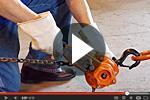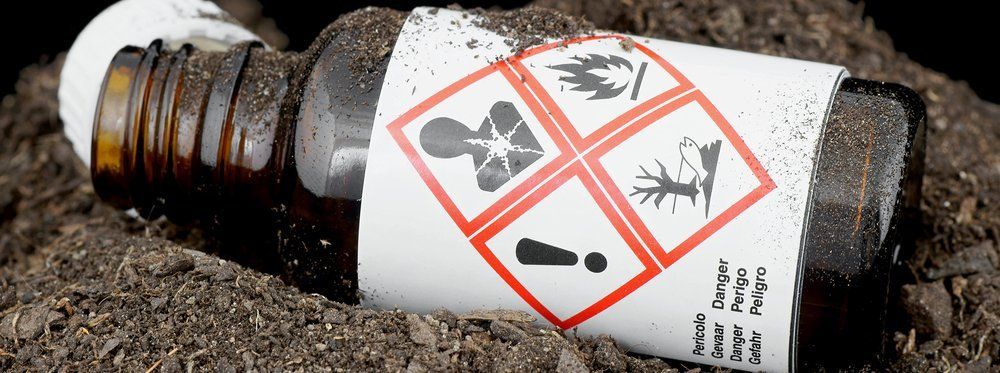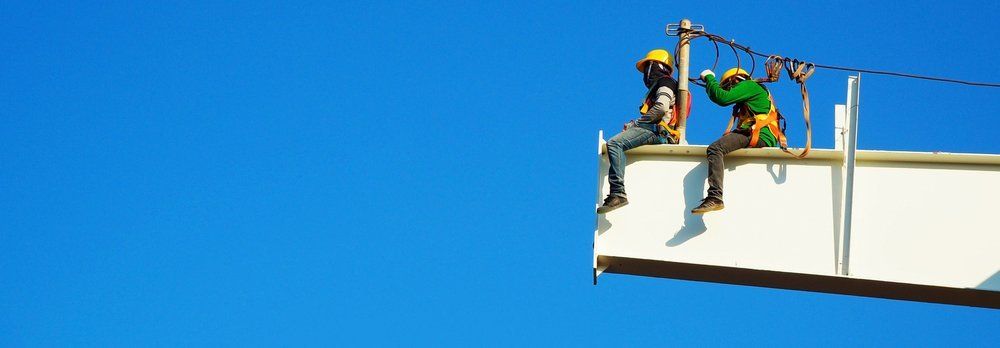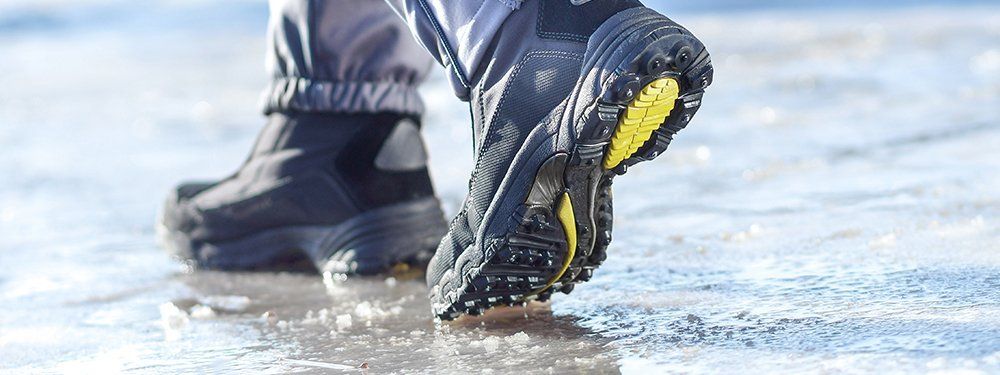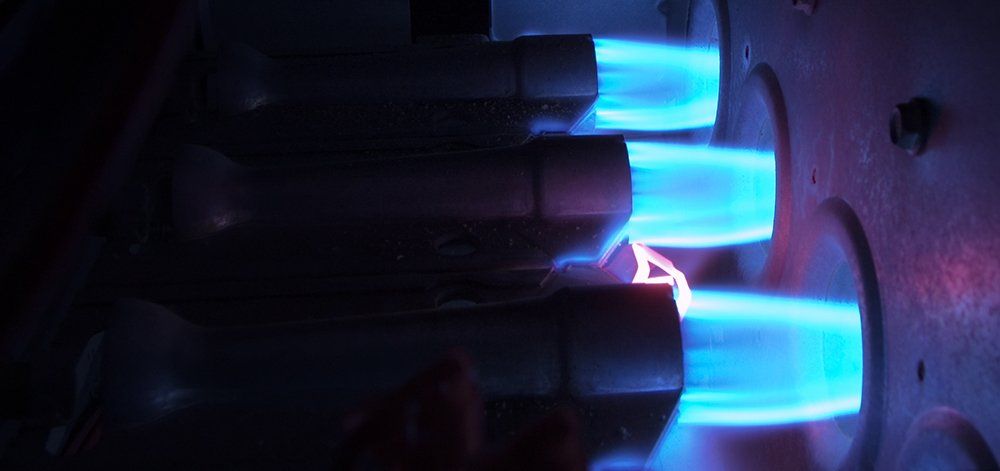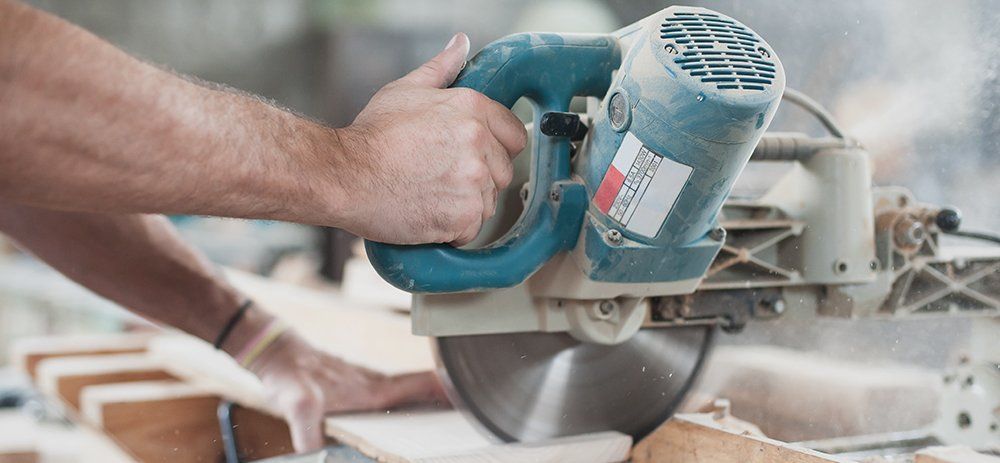Natural Gas Safety
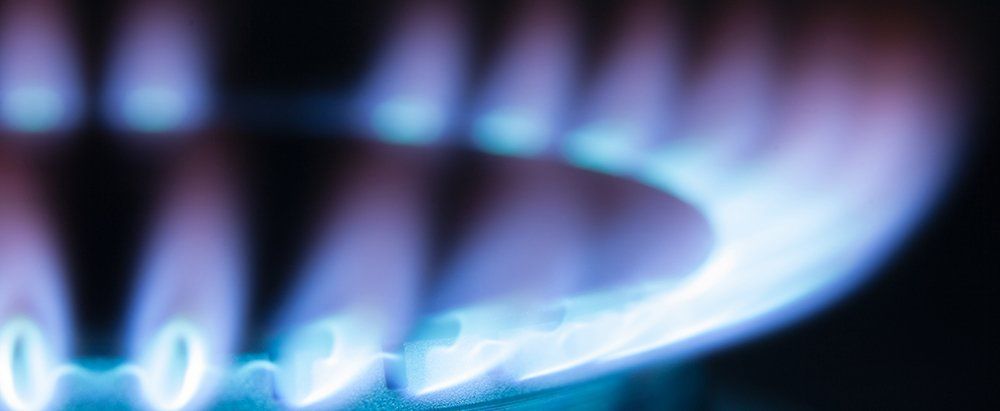
Natural gas is one of the safest energy sources available to homeowners and businesses alike. By itself, natural gas will not ignite. For ignition to occur, a mixture of gas between four and 14 percent must combine with air. Also, gas must have an ignition source with a temperature of 1,100 degrees Fahrenheit or more before it will ignite.
Natural gas has no odor. We add a harmless chemical with a distinctive, rotten egg odor to gas to make it easily identifiable. Sure, it smells bad! But in case of a leak, you'll know to call MichCon for service. Our response time to gas leaks is among the best in the industry.
While natural gas is not toxic (like any other fossil fuel), it can produce carbon monoxide (CO) if it does not burn completely. That's why all flues and chimneys should be clear of debris and all natural gas appliances should be in good operating condition. We recommend an annual appliance inspection and installing at least one CO detector in the home.
Every year, MichCon personnel survey 12, 800 miles of distribution pipeline - about two-thirds of the entire system. In addition to verifying overall system integrity these surveys help us identify small leaks so we can assess their potential impact and take appropriate measures to manage, repair or eliminate them as necessary. All mains and service lines are surveyed at least every three years. Cast iron mains and all lines in areas classified as business districts are surveyed once every year.
Natural gas service lines which supply gas to homes and businesses are often buried in easements and on private property. The use of sharp tools can damage these lines, causing injury or loss of service. Before doing any digging, call MISS DIG at 811.
Your safety is our priority. We operate and maintain more than 2,400 miles of high-pressure natural gas transmission lines in Michigan. Read our brochure, Sharing Responsibility for Natural Gas Pipeline Safety *, for tips on identifying a natural gas pipeline and what to do if a pipeline is damaged, a leak occurs or if you must dig in the vicinity of a gas line
Safety Rules
Here are a few rules to follow to help keep you and your employees safe:
- Follow manufacturer's instructions in the care and operation of gas-fired equipment.
- Have qualified contractors handle natural gas-related repair and installation jobs.
- Keep all combustible materials away from the flame of your gas equipment. Keep burners and surrounding surfaces clean.
- Make sure the flues of automatically controlled equipment are corrosion-free, securely attached, and correctly vented.
- Don't block air vents. Gas equipment requires air to burn fuel completely and operate efficiently. A yellowish flame can signal improper operation..
- Do not operate gas-fueled equipment in an unventilated space.
Gas Leak Safety
If you smell gas...
Gas leaks are dangerous. It's important that you know how to recognize and report a gas emergency.
Natural gas is odorless and colorless, so we add a harmless substance to it to make it smell like rotten eggs. Why? So you can easily detect a gas leak.
If you smell gas or suspect a gas leak:
A note about our gas leak emergency service
MichCon's special gas leak hotline is 800.947.5000. This number is designated for gas leak reporting only. Operators can not take or transfer calls relating to other topics. Customers can also dial 800.477.4747 and follow the automated prompts to report a gas leak. MichCon has emergency service available 24 hours a day, seven days a week.
MichCon is recognized as a nationwide industry leader for its quick response to reported gas leaks by the American Gas Association. MichCon strives to provide exceptional and safe service to our customers.
Before you Dig, Call MISS Dig
Annually there are about 10,000 dig-in damages to underground utility lines in Michigan. If you dig up underground utilities, you could disrupt service to your home or your neighbors' homes. You could be fined for the damages. Most importantly of all, you could be putting your safety at risk.
If you plan to use power equipment to dig foundations or post holes, install an in-ground pool or sprinkler system, or plant landscaping, it's important you follow these four steps to Raise the Flags and dig safely.
- Call MISS DIG at 811 or 800.482.7171
It's fast, it's free, it's the law. Calling MISS DIG before every job that involves excavating is your first step toward finishing the job safely!
- Wait until the flags are raised
Wait at least three business days after calling MISS DIG for local utilities to locate and raise flags over their underground lines.
- Expose utility lines by hand digging
Don't make assumptions about the depth and location of utility lines. Dig by hand to expose the lines before using power equipment. Be sure to dig carefully; a sharp shovel can do a lot of unintentional damage.
- Respect the flags
Leave the flags in place until your underground work is complete. Make sure children and neighbors know not to remove the flags until the work is done. Avoid driving or parking heavy vehicles or storing construction materials over utility lines when possible.
Keep your work crews safe, keep the public safe and help protect our underground lines. Raise the Flags before you dig!
